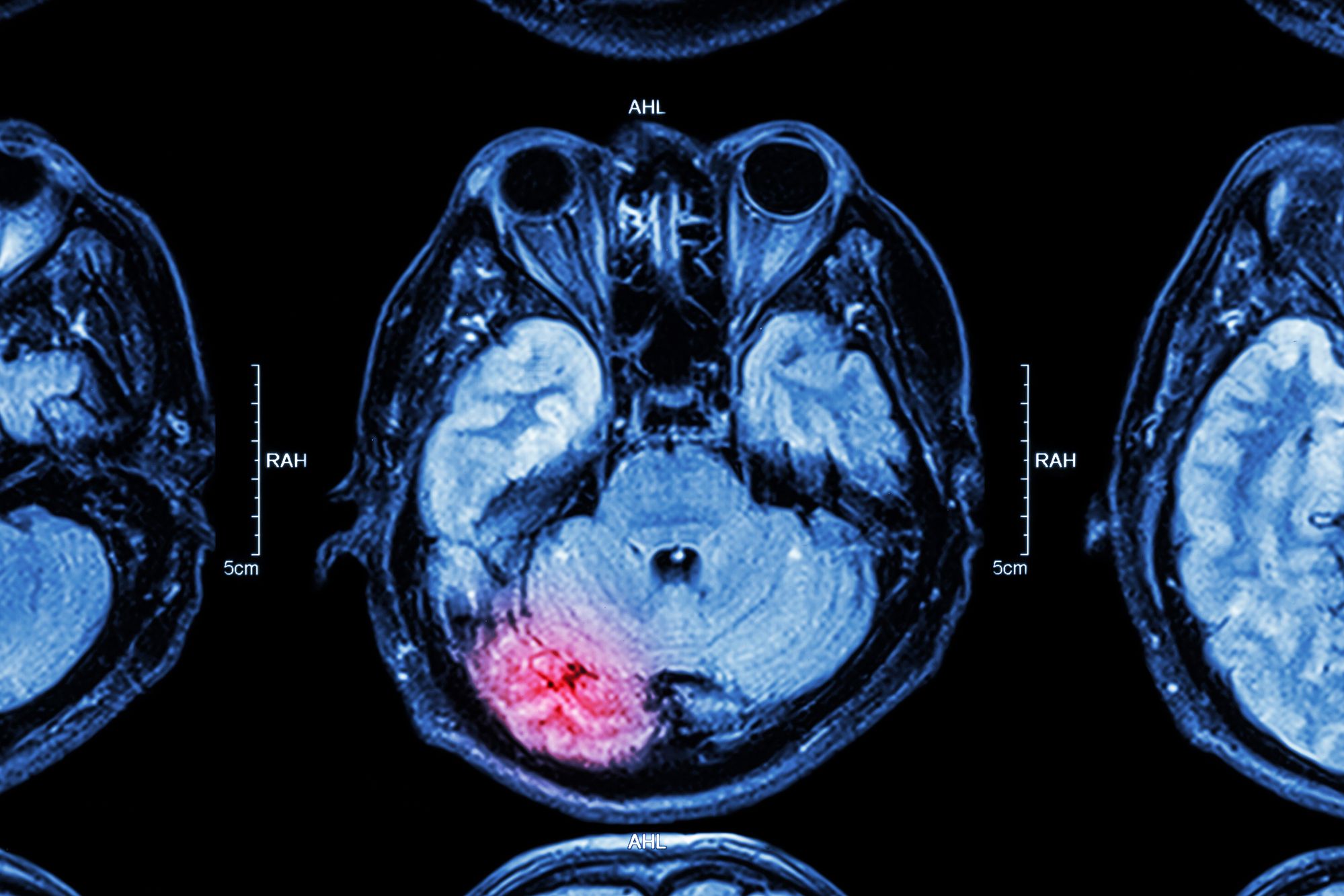
4.8 Average on Google


South Carolina Traumatic Brain Injury Attorneys
A brain injury is one of the most difficult experiences you can live through. It can affect your entire way of life, from your work to your hobbies, and even your relationship with friends and family members. In some cases, it may affect you for a short period; in other situations, it may lead to a permanent condition. Many people with brain injuries find they may need additional therapeutic care, help managing symptoms, or changes to their living situation—sometimes significant ones.
If someone else’s negligence contributed to your brain injury, you may be able to recover compensation with the help of a dedicated South Carolina brain injury lawyer. HawkLaw is here to help. Talk to us using our live chat or call 888-HAWKLAW. We’re here to help.
Do You Have a Brain Injury Lawyer Near Me?
At HawkLaw, we know that when you’re moving through the brain injury recovery stages, the last thing you want to do is figure out the logistics of getting to a lawyer’s office and filing your claim. Our brain injury law firm offers several convenient locations throughout South Carolina in order to best serve our clients.
-
$3,000,000*SettlementTrucking Accident
-
$1,005,000*SettlementCar Accident
-
$575,000*SettlementPersonal Injury
What Causes Brain Injury?
Consider these traumatic brain injury (TBI) statistics: according to the CDC, there were approximately 214,110 hospitalizations due to TBIs in the United States in 2020. This represents over 586 TBI-related hospitalizations each day. There were also 69,473 deaths reported from TBIs in 2021, or barely under 200 per day.
Some of the most frequent causes of brain injuries in South Carolina are:
- Truck accidents
- Bicycle accidents
- Car accidents
- Construction accidents
- Pedestrian accidents
- Slip and falls
Brain Injury From Car Accident
Car crashes are commonly linked to brain injuries because they often involve direct blows to the head and violent motions. When the latter occurs, the victim’s brain can impact their skull, leading to damaged tissue and blood vessels.
Closed brain injuries are the primary type of TBIs that occur from car accidents. In this type of injury, there is no penetrating damage to the skull, but the victim may experience bruising, tearing of the internal lining, swelling, and damage to blood vessels. In severe cases, a car accident victim may experience a diffuse axonal injury (DAI), which involves a shearing of the brain’s long connecting nerve fibers as the brain shifts inside the skull.
Closed brain injuries may be undetectable at the scene of the crash but can be revealed through scans, diagnostic testing, and observation of car accident victims by medical personnel. Since brain injuries after a car crash can be life-threatening, you should always see a doctor if you are hurt in an accident.
South Carolina Injuries: Brain Injury Symptoms
Brain injury cases often revolve around what are sometimes called “invisible injuries,” meaning that there aren’t any specific physical signs, but doctors diagnose them based on symptoms. Severe head trauma can result in internal bruising called a hematoma, as well as bleeding, and other damage to the brain that can lead to long-term complications.
Common symptoms of brain injuries include nausea, headaches, fatigue, speech impediments, difficulty sleeping, and occasional loss of consciousness. You may also live with sensory deprivation, including blurred vision or difficulty hearing, and experience occasional lapses in memory and concentration. In some cases, you may face issues with motor skills like tics, muscle spasms, and even difficulty gripping or walking.
Types of Brain Injuries
Brain injuries can result from a wide range of causes. They happen from fall accidents, collisions, and car accident cases, and many other types of accidents that cause brain trauma. Not everyone who suffers a serious brain injury ends up in the hospital or emergency room –many brain injury victims do not realize they have suffered a serious brain injury right away.
Here are a few types of brain trauma that can result in TBI cases:
Concussion
A concussion is the most common type of brain injury. Concussions are caused by direct blows to the skull, violent head shaking, assault wounds, and whiplash. The brain’s blood vessels may stretch, disrupting neural pathways. It can take several days or weeks to fully recover from most concussions.
Contusion
Contusions occur when a blunt object hits you in the head and causes internal bleeding or bruising. Depending on the severity of the force to the head, you may experience what’s known as a coup-contrecoup injury or a secondary brain injury that contributes to further destruction of the brain tissue.
Diffuse Axonal
A diffuse axonal injury occurs when something shakes the head rapidly, causing a lag in how the brain moves within the skull that tears into the structure of the brain. This causes nerve tissue damage and the release of brain chemicals that disrupt the brain’s natural communication and chemical processes. A diffuse axonal injury can cause coma, brain damage, or death.
Penetrating Trauma
One of the most severe levels of brain injury is penetration, when an object, such as a bullet, penetrates the skull and enters the brain. Should the object go through the brain and come out of another side of the skull, it can rupture brain tissue. Objects may also ricochet within the skull, increasing the amount of damage.
Hematoma
A hematoma occurs when head trauma causes blood to collect and pool within the brain or underneath the skull, where it puts pressure on the brain. It’s usually caused by trauma from motor vehicle accidents or fall accidents, but it can also be caused by almost any sort of serious brain trauma or closed head injury from an impact. This form of brain bruise can be life-threatening and often requires immediate treatment, possibly surgery.
Traumatic Brain Injury (TBI)
There are two forms of TBIs: a blunt TBI and a penetrating TBI. A blunt TBI is caused by a force violent enough to shake the brain inside the undamaged skull. A penetrating TBI occurs when the skull is broken by an outside object, causing direct damage to the brain tissue. Not every blow to the head will lead to a TBI but should be evaluated by a doctor nonetheless. Some of the signs of a TBI include headaches, blurred vision, pupil dilation, or unequal eye size, as well as other symptoms of neurological distress.
Skull Fracture
The recovery process from a skull fracture depends on the extent of the damage and any related brain injuries caused by the break. Some skull fractures take three to six months to heal entirely (complex fractures may take longer), while others may cause lasting damage that may not become clear at the time of initial injury. One major concern with skull fractures is secondary bacterial infection, which can lead to life-threatening complications.
Do Brain Injuries Heal?
Not every brain injury is fatal, but not all brain injuries leave the victim precisely the same as they were before such injury. The symptoms and recovery process depend upon the extent of the damage, as well as individual risk factors. For instance, TBIs are more dangerous in older adults. Similarly, experiencing one TBI is a significant risk factor for additional complications, hospitalizations, and future brain injuries down the road.
Brain Injury Lawsuit Settlements
“Negligence” is a legal term that means someone else is at fault for the accident. Legally, it means proving that someone else had a duty of care to the TBI victim, that they violated that duty of care, and that this violation led to the TBI. In the case of motor vehicle accidents, for example, you must prove that the other driver acted in a manner that was so reckless that no reasonable person would act that way, that their actions led directly or indirectly to the accident, and that the accident caused the brain injury victim’s harm.
An experienced personal injury attorney will launch an investigation into your case and recreate the circumstances that led to the injury as part of your claim. They will examine your medical records, the circumstances of the incident, and the symptoms you’ve experienced, from headaches to loss of consciousness and even emotional trauma. Additionally, you’ll undergo EEG examinations using modern imaging technology to illustrate the severity of the injury.
A brain injury lawsuit can conclude with several different kinds of monetary awards called “damages.” Depending on the circumstances of your lawsuit, your settlement may include:
- Economic damages: These can include your lost income from time taken off work, compensation for your medical bills, past and future treatment costs, coverage for rehabilitative care or therapy, costs for at-home care, new vehicle or alternate transportation, and more.
- Non-economic damages: Many brain injury side effects can be traumatic for those who experience them. Examples include pain, suffering, and loss of enjoyment. Non-economic damages from a head injury lawsuit can provide compensation for some of these effects.
- Punitive damages: A brain injury car accident settlement may include punitive damages if the negligence that caused the crash was particularly reckless or egregious. This may include accident cases involving drivers who were under the influence of alcohol or other drugs.
In some cases, negligence may not be a part of traumatic brain injury cases. For the most part, this occurs when the accident happens during the normal course of your job duties. In this case, workers’ compensation may cover you. Your South Carolina traumatic brain injury attorney can help you determine if this is the case for you.
When Should I Speak to a Brain Injury Lawyer?
The best time to speak to a lawyer is as soon as possible after your accident. If your injury was caused primarily due to someone else’s negligence, a brain injury lawyer can help you fight for the appropriate head injury settlement amount. The more time that your attorney has to work with you, the more easily they can collect evidence, conduct thorough research, and complete all your case filings within the court’s timeline.
Head injury lawsuit payouts often include reimbursement for the victim’s initial ambulance ride, hospitalization, treatment, and ongoing care. The costs of diagnostic imaging, follow-up treatment, brain injury medication, rehabilitative care, speech therapy, and more may also be covered with the help of a skilled head injury lawyer.
The average cost of traumatic brain injury treatments and services over a victim’s lifetime can range from $85,000 to $3 million, according to a study from Northwestern. Working with a skilled brain injury lawyer can help improve your chances of securing compensation, so you may not have to shoulder the full burden of your medical costs alone.
Statute of Limitations on Injury Claims
A statute of limitations is essentially a time limit you have to file a lawsuit in your case. This statute of limitations in South Carolina for personal injury is normally three years from the date of the accident, or three years from the date of death in the case of wrongful death suits. That time limit, however, can be extended and can change based on a variety of factors.
It’s always best to contact a personal injury lawyer early because the sooner you do, the fresher the evidence will be and the easier it will be to build an iron-clad case. Not every TBI, however, shows symptoms right away. Even if it’s been some time, you are encouraged to get in touch with an injury law firm about your personal injury claim. We can offer guidance and advice on how to best proceed.
How Can HawkLaw Help Me With My Brain Injury Case?
When you experience a brain injury, the last thing you should have to worry about is fighting to secure your rights for fair compensation alone. At HawkLaw, we understand how difficult it is to adjust to such a life-changing experience. We know that a rightful settlement won’t take away the trauma of a brain injury. However, we believe that compensation can help you reclaim aspects of your life that are impacted by the incident. Our team of brain injury attorneys brings years of legal knowledge and experience with aggressive litigation techniques that have won satisfying settlements for our clients throughout South Carolina.
Contact a South Carolina Brain Injury Lawyer Today
Wondering how to afford the brain injury treatment you need after an accident? Concerned about time taken off work, missing wages, lasting brain injury symptoms, and other side effects? Our South Carolina injury lawyers may be able to help. If your injury was due to someone else’s negligence, or if it happened at work, you may be able to recover compensation through a brain injury lawsuit.
At HawkLaw, our experienced and compassionate brain injury lawyers know how best to build your case. We can communicate with experts to ensure you have the strongest legal strategy possible to help you come home with a fair settlement. If you or a loved one has suffered a TBI, talk to us today to see if you qualify for a lawsuit.
Frequently Asked Questions
Visit Our Office
Greenville, SC 29615
John Hawkins is the Founder and CEO of HawkLaw He has been licensed to practice law in South Carolina since his graduation with honors in 1994 from the University of South Carolina School of Law, where he was on the Law Review and Order of Wig and Robe.
"*" indicates required fields


